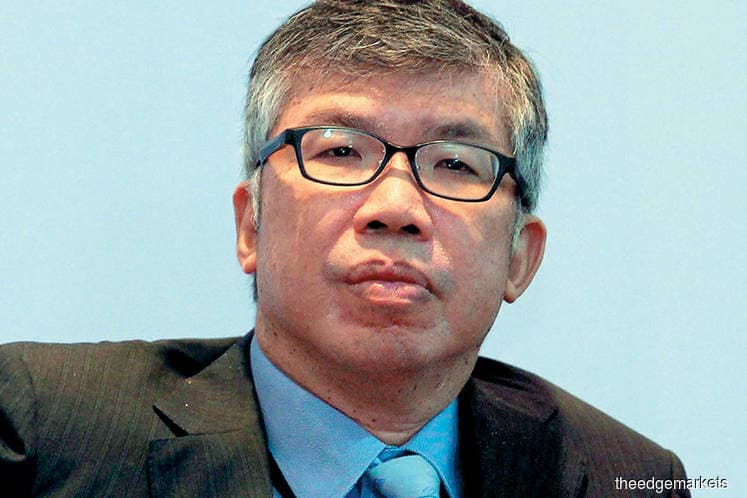
This article first appeared in The Edge Financial Daily on August 9, 2018
KUALA LUMPUR: Malaysia is expected to stem the decline in foreign direct investment (FDI) next year despite a projected moderated economic growth and other external risks, the Asian Development Bank (ADB) said.
ADB principal economist at Southeast Asia Regional Department Dr Bernard Ng Thiam Hee said Malaysia’s FDI will likely increase in 2019 as the country remains “very competitive, especially in the exports sector”.
“And as we see certain tariffs placed on Chinese goods [by the US], there could then be a reshuffling of the supply chain to take production out of China and move it to other countries including Malaysia,” he said during a panel discussion at the Business Foresight Forum 2018 organised by the Securities Industry Development Corp (SIDC) yesterday.
In March this year, former international trade and industry minister Datuk Seri Mustapa Mohamed was reported as saying that FDI inflows for Malaysia in 2017 fell 17% to RM39.2 billion from RM47.2 billion in 2016.
Citing recent reports on BMW moving some of its production of the X5 sport utility vehicles to Thailand that would otherwise have been exported from a plant in South Carolina, US to Chinese customers, Ng noted that similar moves could happen regionally as well including Malaysia.
He was responding to a question as to whether Malaysia’s FDI would be impacted with a projected lower economic growth rate next year and other external risks facing the economy.
ADB is maintaining its economic growth forecast for Malaysia at 5.3% for 2018 and 5% for 2019.
“We see some sort of rationalistion of the government’s investment plan so that would have some impact. But it would be offset by the presumably stronger consumer demand and private sector demand,” said Ng.
“Yet we do also incorporate the possibility of the risk of bigger trade relationships. We also see in the latest International Monetary Fund forecasts; they are already forecasting a slower trade growth. So these are some things that may contribute to the slower performance next year. That said, 5% is still a good growth,” he added.
Another panellist, former international trade and industry ministry secretary-general Tan Sri Dr Rebecca Fatima Sta Maria, said it is more important for Malaysia to be concerned about ensuring that it provides a business friendly environment for foreign investors.
“At the end of the day, when investors look at where to put their money, they want [it] to go to a place where they know this is what would happen in the next 10 years. For example, rather than having this very opaque policy that could change overnight, focus on fixing ourselves, then it would be a natural process,” she said.
Given that Malaysia is pushing for a more industrial revolution 4.0 friendly environment, then it should ensure that it prepares the market with the necessary skills, she added.
“Then the investments would flow in naturally as opposed to having labour policies that are unclear or attract industries dependent on cheap labour,” said Sta Maria.
Dr Filippo di Mauro, professor at the National University of Singapore Business School, is of the opinion that countries need not be so concerned with what type of sectors they should focus on growing to attract FDIs.
“My experience and reading tell me that cherry-picking on sectors doesn’t work, what really matters is the productivity of the firms,” he said, noting that there has been a decline in technology exports across most Asean countries over the past few years.
“The growth of sectors differs in countries, say garment production may not be regarded productive here but in Italy, it is. What countries should do is to create conditions whereby firms are more efficient and really improve those that aren’t.” he said.